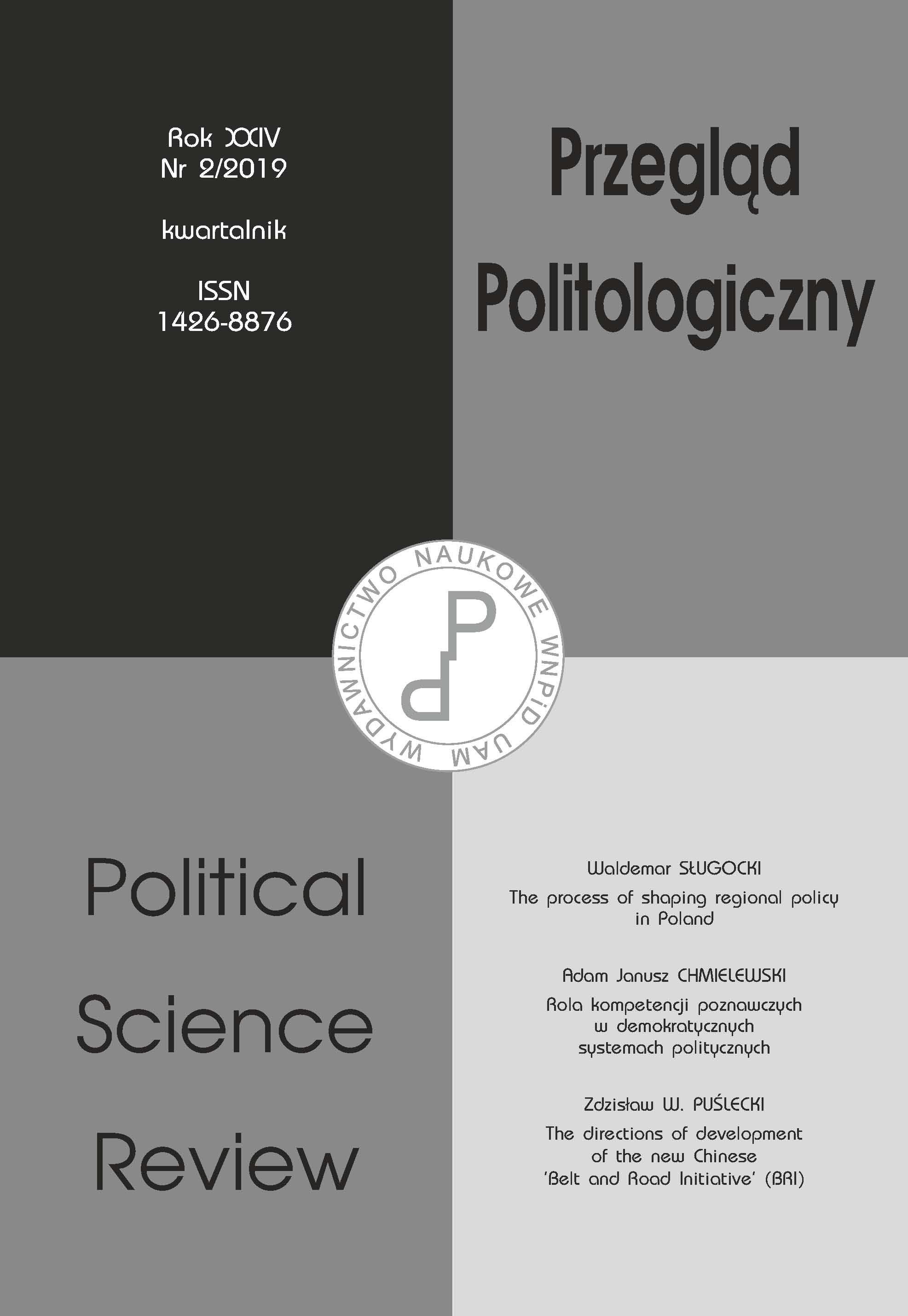Rola kompetencji poznawczych w demokratycznych systemach politycznych
The role of cognitive competences in democratic political systems
Author(s): Adam Janusz ChmielewskiSubject(s): Politics, Political Theory
Published by: Uniwersytet Adama Mickiewicza
Keywords: democracy; knowledge; power; epistocracy; political ability; demokracja; wiedza; władza; epistokracja; umiejętność polityczna
Summary/Abstract: Taking as the starting the normative ideal of democracy, grounded in an inclusive understanding of the subject point of democracy, the author argues that various concepts of democracy assign particularly important role to cognitive competences and see it as an exclusive entitlement to participate in the exercise of political power in democratic systems. The case in point is contemporary debate on theproper understanding of democracy which focuses on the dilemma between, on the one hand, the ideaof broad participation of the people in the democratic governance, and, on the other, the deliberativeideal which presupposes that power in these systems should be entrusted only to people with appropriatecognitive competences. The author analyzes the main elements of “cognitocratic” or “epistocratic”conceptions and points out to potential perils resulting from the attribution of a prominent role in thetheory of democracy to cognitive competences. In opposition to cognitocratic approaches, both in theiruniversalist and elite versions, the author argues that a more adequate understanding of governance indemocratic systems should instead be based on the wider category of political ability. He also claimsthat a novel definition of this category should be informed by the normative ideal of democracy whichis based on the recognition of potentially universal capabilities to develop the political ability and thatthis potential may in fact be activated through the actual participation in democratic politics.
Journal: Przegląd Politologiczny
- Issue Year: 2019
- Issue No: 2
- Page Range: 109-122
- Page Count: 14
- Language: Polish

